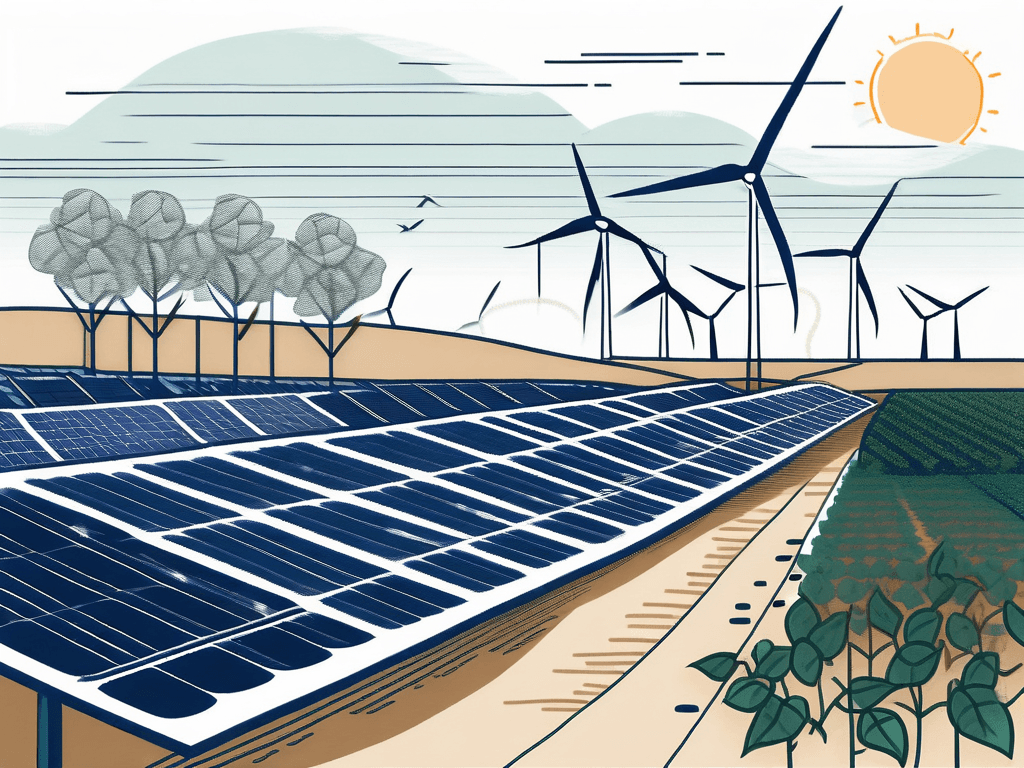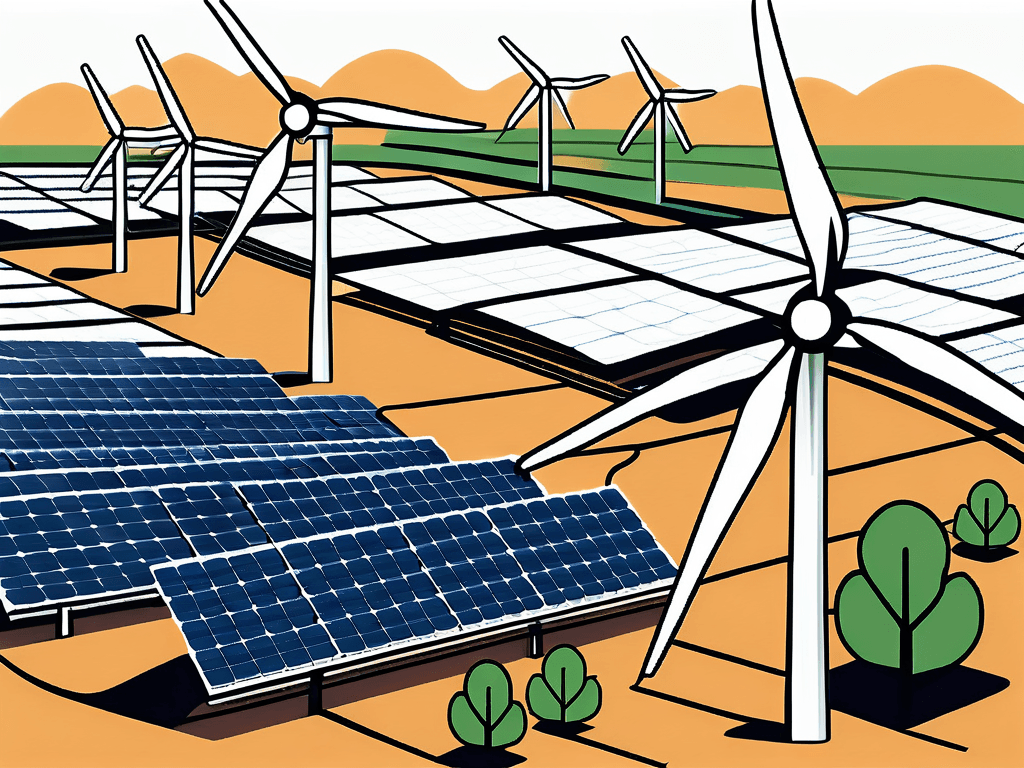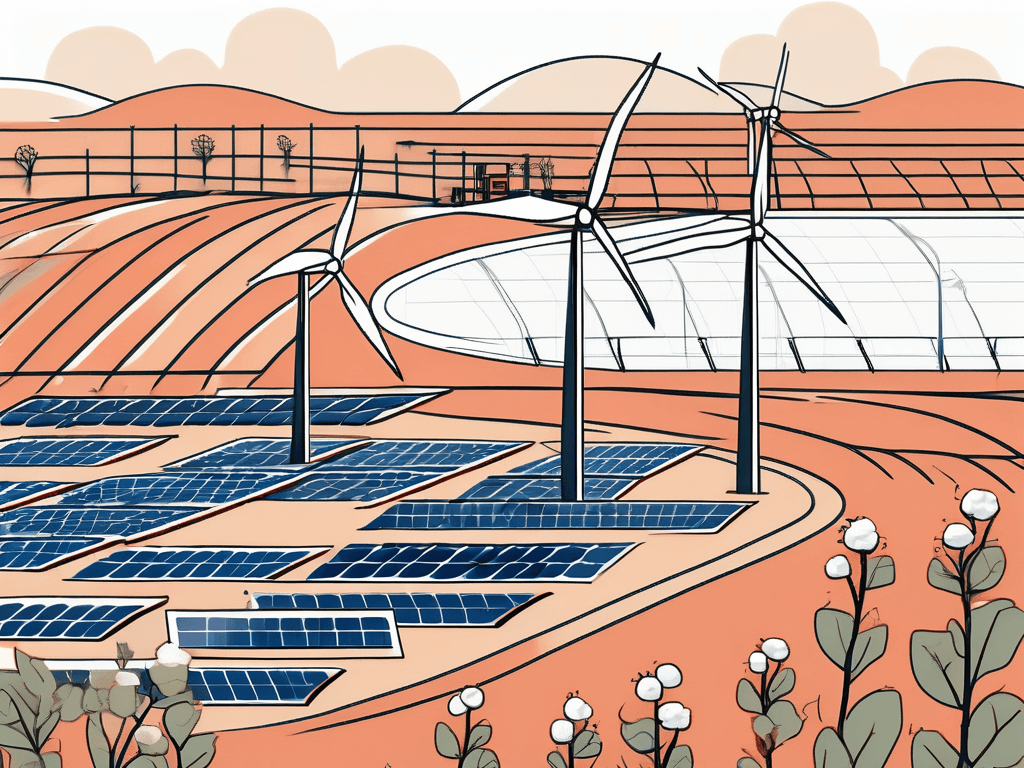How to Implement Sustainable Practices in the Cotton Industry
Sustainability and environmental responsibility have become crucial considerations in today's global industries. The cotton industry, in particular, has faced growing scrutiny over its environmental impact and ethical practices. In order to address these concerns, various sustainable practices have emerged to mitigate the negative effects of cotton farming. This article aims to explore the implementation of sustainable practices in the cotton industry and shed light on the initiatives and innovations driving positive change.
Sustainability Efforts in the Cotton Industry
Addressing environmental challenges in cotton production is the first step toward implementing sustainable practices. One of the key issues faced by the industry is water scarcity. Cotton is a highly water-intensive crop, requiring substantial amounts of water to grow. To address this concern, many cotton growers have adopted efficient irrigation techniques, such as drip irrigation, which reduces water wastage and increases overall efficiency.

Furthermore, the excessive use of pesticides and fertilizers in cotton farming has attracted significant attention. These chemicals not only harm the environment but can also endanger the health of farmers and workers. To combat this, many cotton producers are transitioning to organic farming methods, which rely on natural fertilizers and biological pest control. This shift not only reduces chemical runoff but also promotes healthier soils and biodiversity.
Addressing Environmental Challenges in Cotton Production
In addition to adopting sustainable farming practices, research and innovation are key in addressing the environmental challenges associated with cotton production. One such initiative is the development of genetically modified cotton varieties that are more resilient to pests and diseases, reducing the need for pesticides. These genetically modified cottons have proven to be highly successful in some regions, resulting in increased crop yields and reduced chemical use.
Furthermore, advancements in water management technologies have led to the creation of smart irrigation systems. These systems utilize data and sensors to precisely monitor soil moisture levels, allowing for optimal irrigation and water conservation. By utilizing these technologies, cotton growers can significantly reduce water usage and promote resource efficiency.
The Role of Fairtrade in Promoting Sustainable Cotton Farming
In addition to addressing environmental challenges, ethical practices also play a vital role in implementing sustainable practices in the cotton industry. Fairtrade certification has emerged as a powerful tool to promote sustainable cotton farming. Fairtrade ensures that cotton farmers receive fair prices for their produce and have access to better working conditions.
Through Fairtrade, cotton farmers are encouraged to adopt sustainable practices and are supported in their efforts to improve environmental stewardship. Fairtrade also provides training programs for farmers, empowering them with the knowledge and skills needed to implement sustainable farming practices. Furthermore, Fairtrade promotes social sustainability by ensuring that child labor and unfair labor practices are eliminated from the cotton supply chain.
Understanding the EU Ecolabel for Cotton Products
The EU Ecolabel for cotton products is another important factor in promoting sustainability in the cotton industry. The EU Ecolabel is a certification scheme that guarantees cotton products meet strict environmental and social criteria throughout their lifecycle.
By choosing cotton products with the EU Ecolabel, consumers can be confident that they are purchasing items that have been produced using sustainable practices. This label ensures that cotton products have gone through rigorous scrutiny, from the sourcing of raw materials to manufacturing, packaging, and distribution. The EU Ecolabel encourages cotton producers to minimize their environmental impact and strive for continuous improvements in sustainability.
It is worth noting that the EU Ecolabel also takes into account the social aspects of cotton production, ensuring that fair labor practices are followed and workers' rights are respected. This comprehensive approach to sustainability sets the EU Ecolabel apart and provides consumers with a reliable way to support sustainable cotton farming.
In conclusion, sustainability efforts in the cotton industry encompass various aspects, including efficient water management, organic farming practices, genetic modifications, fair trade, and certifications like the EU Ecolabel. By embracing these initiatives, the cotton industry can move towards a more sustainable future, reducing its environmental impact and promoting the well-being of farmers, workers, and consumers alike.
The Future of Sustainable Cotton
As the cotton industry continues to evolve, it is essential to explore the impact of initiatives such as the Better Cotton Initiative (BCI). BCI is a global program that aims to make cotton production more sustainable by promoting practices that reduce environmental impact and improve the livelihoods of cotton farmers.

Exploring the Impact of the Better Cotton Initiative
The Better Cotton Initiative provides training and support to cotton farmers, enabling them to adopt sustainable practices that conserve water, reduce chemical pesticide use, and promote safe working conditions. This program has already made significant strides in transforming cotton farming and has the potential to drive further sustainable change in the industry.
For instance, through the Better Cotton Initiative, farmers are educated on efficient irrigation techniques that minimize water usage while maintaining crop productivity. By implementing these practices, cotton farmers can reduce their water consumption, alleviate pressure on local water sources, and contribute to water conservation efforts.
Innovations Driving Sustainability in Cotton Farming
Alongside initiatives like the Better Cotton Initiative, continuous innovations are driving sustainability in cotton farming. Sustainable cotton farming techniques, such as integrated pest management and precision agriculture, are being developed to reduce chemical inputs and promote resource efficiency.
Integrated pest management involves the use of natural predators, crop rotation, and trap crops to control pests, reducing the reliance on chemical pesticides. This not only minimizes the environmental impact but also helps preserve beneficial insects and biodiversity within cotton fields.
Moreover, the adoption of regenerative farming practices, such as cover cropping and crop rotation, can enhance soil health, increase carbon sequestration, and improve overall ecosystem resilience. These innovative approaches not only contribute to the sustainability of cotton production but also present opportunities for farmers to reduce input costs and increase profitability.
Promoting Ethical Practices in Cotton Production
Lastly, promoting ethical practices is of paramount importance in achieving sustainable cotton production. This includes fair wages, safe working conditions, and the elimination of exploitative labor practices.
By working together, cotton producers, industry stakeholders, and consumers can drive positive change and ensure a sustainable future for the cotton industry. Supporting ethical certifications, advocating for fair trade, and encouraging transparency within the supply chain are key steps in promoting the widespread adoption of sustainable practices.
Furthermore, initiatives are being developed to empower cotton farmers and improve their livelihoods. For example, some organizations are providing microfinance opportunities and business training to help farmers diversify their income sources and build resilience against market fluctuations.
In conclusion, implementing sustainable practices in the cotton industry is a multifaceted endeavor. By addressing environmental challenges, promoting ethical practices, and embracing innovative solutions, the industry can strive towards greater sustainability. The concerted efforts of cotton growers, industry organizations, and consumers are essential in making the cotton industry a model of sustainability and environmental responsibility.
Take the Next Step Towards Sustainable Cotton with Responsibly
As we navigate the complexities of sustainable cotton production, it's clear that informed decisions and due diligence are key. Responsibly offers a cutting-edge platform designed to illuminate the sustainability practices of your suppliers. By leveraging our AI-driven engine, you can gain a comprehensive understanding of your supply chain's adherence to environmental and ethical standards. Begin your journey towards truly sustainable procurement, risk management, and supply chain decarbonization. Book a demo with Responsibly today and personalize your approach to supplier sustainability.

